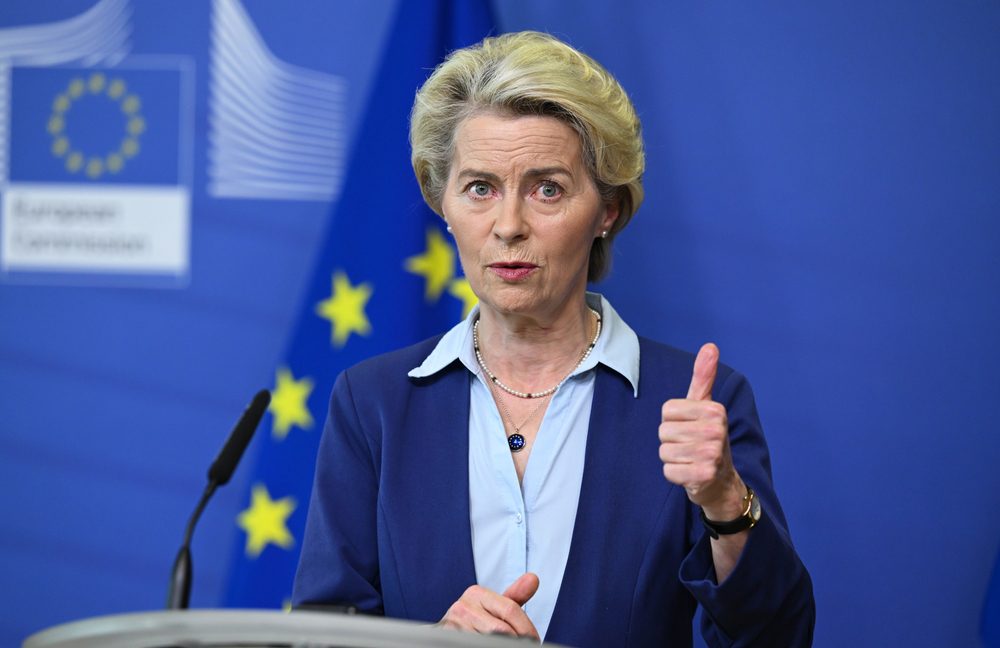Executive Summary
The Story So Far
Why This Matters
Who Thinks What?
The European Union is preparing for potential significant economic disruption and intensified trade tensions, as policymakers brace for the possibility of a future US administration under Donald Trump implementing widespread tariff increases. Discussions within Brussels and national capitals are focusing on the implications of proposed universal tariffs and their potential impact on EU exports and the global trading system, should Trump secure the upcoming presidential election.
Anticipating Trade Tensions
President Trump’s outlined proposals include a 10 percent universal tariff on all imported goods and a more substantial 60 percent tariff on products originating from China. EU officials are closely analyzing how such measures could affect European industries, supply chains, and overall economic growth, given the interconnectedness of transatlantic trade.
This anticipation recalls the trade disputes during Trump’s previous term, which saw the US impose tariffs on steel and aluminum imports. Those actions led to retaliatory tariffs from the EU and other partners, highlighting the potential for escalating trade conflicts.
EU’s Strategic Response
Evaluating Economic Impact
The European Commission is undertaking detailed assessments to quantify the potential economic costs for EU member states across various sectors. These analyses aim to inform strategies for mitigating adverse effects on European businesses and consumers.
EU finance ministers and trade representatives are engaged in ongoing dialogues to develop a coordinated response. This includes exploring defensive mechanisms that could be deployed to safeguard the Union’s economic interests.
Strengthening Internal Resilience
In parallel, the EU is reaffirming its commitment to strengthening its internal market and reducing critical dependencies on external trade partners. Initiatives are underway to diversify supply chains, encourage domestic production, and enhance strategic autonomy in key industrial sectors.
These efforts are part of a broader strategy to bolster the EU’s economic resilience against external shocks and maintain stability amidst potential shifts in global trade policy.
Global Trade Order at Risk
Concerns extend beyond direct economic impact to the broader implications for the multilateral trading system. EU officials have voiced apprehension that a significant shift towards protectionism by a major economic power could undermine the rules-based order established by the World Trade Organization (WTO).
The potential for a breakdown in global trade norms poses a significant challenge to international cooperation and could lead to a fragmented global economy, impacting geopolitical stability and sustainable development.
Key Takeaways
The EU is adopting a proactive and cautious stance, prioritizing preparedness for potential shifts in US trade policy. The focus remains on defending European economic interests, reinforcing the Union’s internal market, and advocating for the preservation of the multilateral trade system in the face of growing protectionist pressures.








